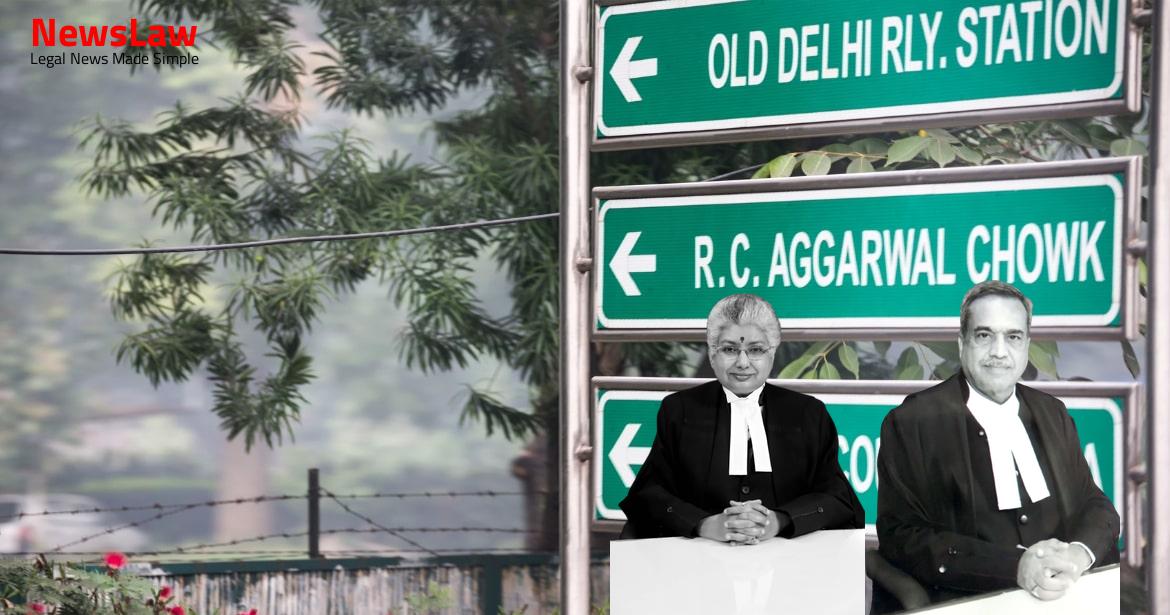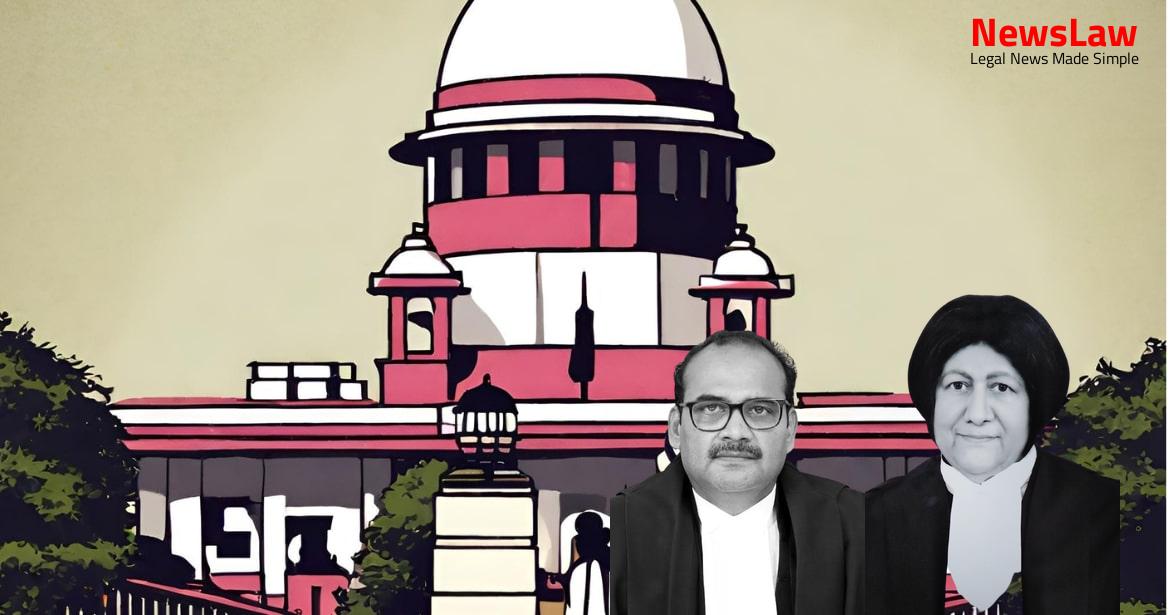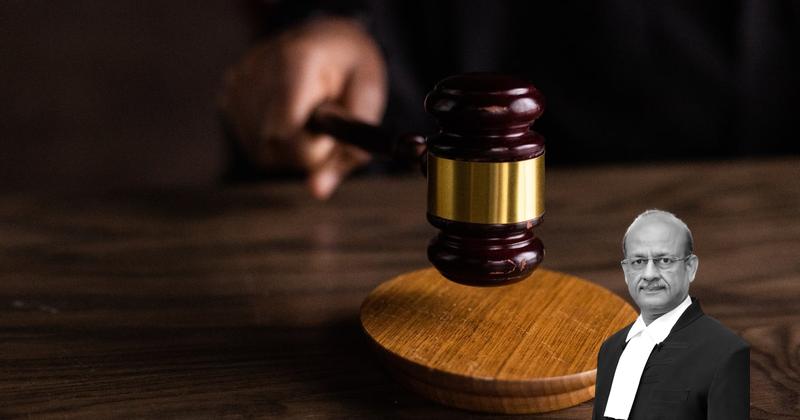In a significant legal development, the Supreme Court of India recently adjudicated on a challenge brought by Yash Tuteja & Anr. (petitioners) against a complaint under the Prevention of Money-Laundering Act, 2002 (PMLA), filed by the Directorate of Enforcement against Union of India & Ors. (respondents). The court emphasized the necessity for an offence to qualify as a “scheduled offence” under the PMLA for the allegations of proceeds of crime to hold. This blog delves into the implications of the judgment on PMLA enforcement and its impact on legal proceedings concerning money laundering accusations.
Facts
- FAC argued for the petitioner
- Respondent No. 1’s counsel made counterarguments
- The court heard both sides and considered the legal precedents cited
- FAC reiterated their main points and presented additional evidence
Also Read: Meher vs. University Grants Commission: Legal Battle for Appointee Continuity
Analysis
- Offences alleged in the complaint, except Section 120-B of IPC, are not scheduled offences under the PMLA.
- If there are no proceeds of crime, the offence under Section 3 of the PMLA is not established.
- The provisions of Sections 200 to 204 of Cr.PC apply to complaints filed before the Special Court.
- The challenge in the Writ Petitions is to the complaint filed by the Directorate of Enforcement under Section 44(1)(b) of the PMLA concerning ECIR/RPZO/11/2022.
- Section 46 of PMLA states that Cr.PC provisions apply to Special Court proceedings.
- The offence under Section 120B of the IPC becomes a scheduled offence only if the alleged conspiracy is for committing a specific offence in the PMLA schedule.
- Special Court can take cognizance of Section 3 offence only through a complaint filed by the authorized Authority.
- The complaint lacks allegations of conspiracy to commit scheduled offences under the PMLA.
- Offences alleged, except Section 120B of IPC, do not qualify as scheduled offences under the PMLA.
- The PMLA requires the existence of proceeds of crime for its applicability.
- In the absence of a scheduled offence, there are no proceeds of crime under the PMLA.
- The Special Court needs to assess if a prima facie case under Section 3 of the PMLA is established in the complaint.
- The Court should dismiss the complaint if no prima facie case of an offence under Section 3 of the PMLA is found.
- It is not required for a person accused under the PMLA to be a part of the scheduled offence.
- Benefit is given to accused in the PMLA complaint if all accused in the scheduled offence are acquitted.
- Some controversy exists regarding whether the Special Court has taken cognizance based on the complaint.
- The mentioned offences in the complaint are not scheduled offences under the PMLA clause.
- According to the decision in the case of Pavana Dibbur, the existence of scheduled offence is essential for the existence of proceeds of crime.
- Petitioners in Writ Petition (Crl.) No.153/2023 and the petitioner in Writ Petition (Crl.) No.217/2023 not shown as accused in the complaint.
- No purpose served by directing the Special Court to apply its mind according to Cr.PC.
- No offence under Section 3 of the PMLA as no scheduled offence made out based on the complaint.
- Offences relied upon in the complaint are not scheduled offences.
- Empty formality to direct Special Court without scheduled offences being established in the complaint.
Decision
- The contentions regarding the legality and validity of the proceedings are left open for appropriate proceedings.
- The complaint based on ECIR/RPZO/11/2022 is quashed for the petitioner in Writ Petition (Crl.) No.216/2023.
- The issue of legality and validity of potential future proceedings is not discussed at this stage.
- Writ Petitions related to petitioners not shown as accused in the complaint are unnecessary as the complaint itself is being quashed.
- Writ Petition (Crl.) Nos.153/2023 and 217/2023 are disposed of.
- The complaint based on ECIR/RPZO/11/2022 is quashed for the second petitioner in Writ Petition (Crl.) No.208/2023.
- Pending applications, including those seeking impleadment, are disposed of accordingly.
- There will be no order as to costs.
Case Title: YASH TUTEJA Vs. UNION OF INDIA (2024 INSC 301)
Case Number: W.P.(Crl.) No.-000153 / 2023



